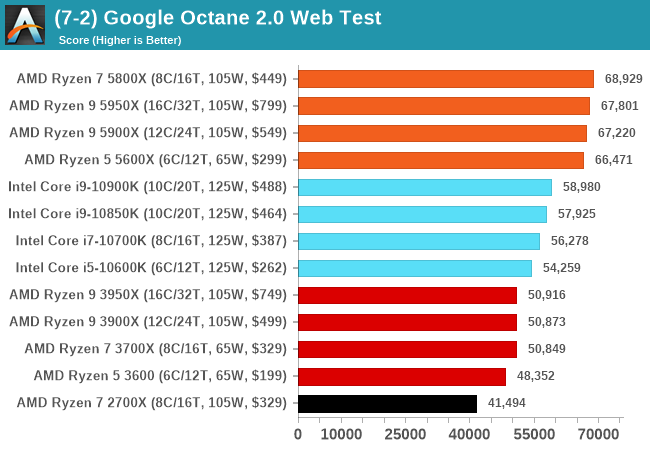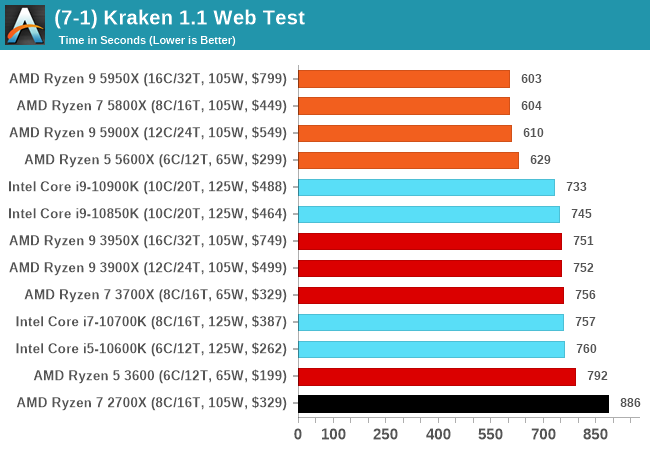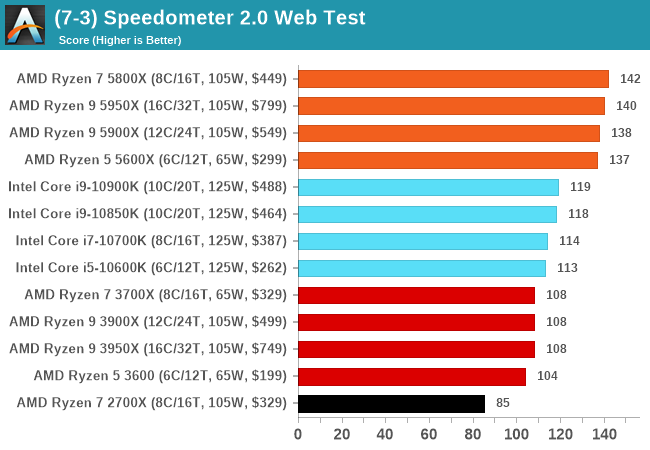You can never achieve 100% IPC increase, it's much easier to add cores and scale on it depending on your scaling performance.
Also, the modern CPU cores are so small, that it is virtually impossible to offer only 1 core.
Except if you want your core to be 150 sq mm which is insane.
Of course you can achieve 100% IPC increases, just not in one generation (although we've seen 40% in one generation in recent years).
In desktop, we've had 100% IPC improvement in the last 10 years. In mobile, we had 100% IPC increases every 3-4 years. Not only we will have 100% IPC increases, but we'll have 100s upon 100s % of IPC gains as we progress in future decades. Adding cores is also not as easy as it seems, the more you add the more you limit your power/thermals, you add latency, you decrease cache performance, and more, therefore limiting single threaded performance, and multicore performance scaling isn't linear for most tasks, especially in consumer workloads. There's a reason you don't have a 128-core CPU in your laptop or desktop. Adding cores should always be a last resort in pursuit of more performance, if you can use the same die space and thermal/power envelope to make bigger, faster cores, you should do that.
I also wasn't arguing that they would or should release single-core consumer CPUs, only that number of cores is not a good indicator for performance because there is a huge variety in IPC among CPUs in the market right now. You can easily have CPUs with fewer cores that are faster than those with more cores, at both single-threaded and multi-threaded applications.
Last edited:





